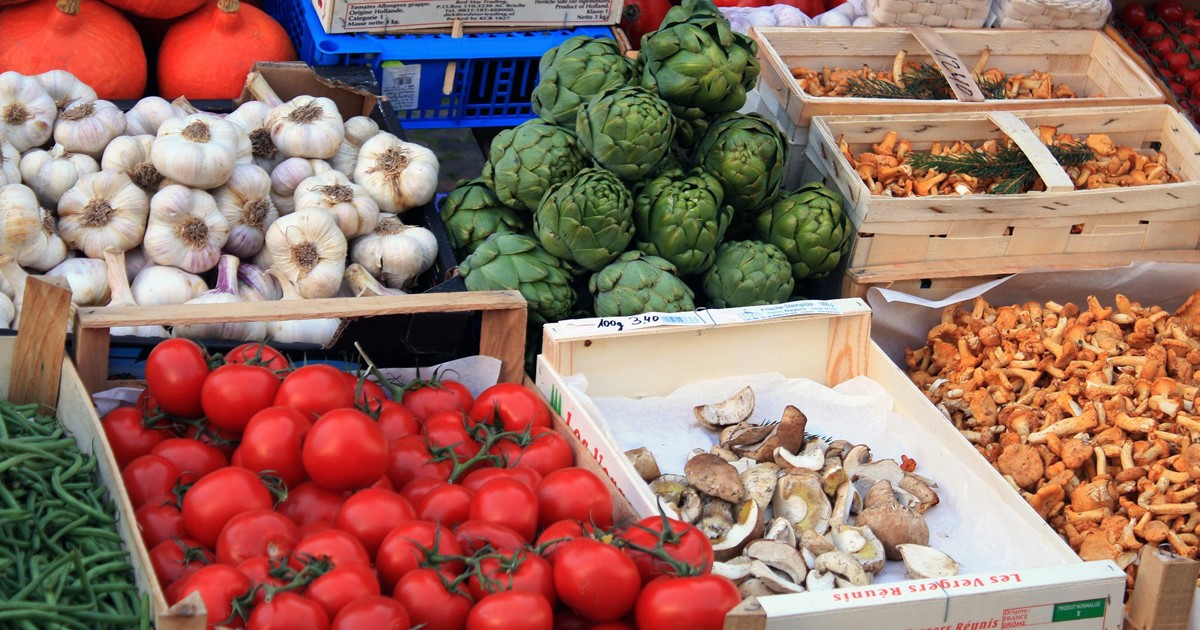Choosing to
eat sustainably can have a positive impact on the planet and your health. Put simply, sustainability refers to meeting our own needs without compromising the ability of
future generations to meet their own needs. Read through the below tips to see how you can
make better food choices!
1. Eat more plants
By eating more
plant-based foods you can significantly reduce your carbon footprint, save water and help ensure that crops are fed to people, rather than livestock (reducing world hunger). Greenhouse gas emission caused by livestock is more damaging to the planet, than all transport combined.
2. Check what is seasonal and local
Eating what is available locally will reduce the impact of transportation and therefore lower your carbon footprint. Also eating what’s in season means that you get to enjoy your fresh food at its prime, while the food is still packed with flavour and more nutrients. Friends of the earth Malta have a great guide available here.

3. Waste less food
A third of all food produces ends up being wasted. If you only buy what you need and freeze what you can’t eat while it’s fresh is an easy way to cut food waste. Food uses a lot of resources, including water, soil, and fossil fuels, so please shop responsibly.
4. Shop without plastic
Take your
reusable shopping bags when food shopping. Avoid buying fruits and vegetables, which have been pre-wrapped in plastic. Also avoid packaged food which is wrapped in plastic. Reach out to your favourite brands, creating pressure to change their packaging to use more sustainable options.
5. Stay away from highly processed foods
Production, transportation, and consumption of
highly processed foods such as processed meats and sugar sweetened drinks contributes to greenhouse gas emissions. If you want to eat sustainably, cut back on these for your health and the benefit for the planet.
6. Eat a variety of foods
Move away from using the same ingredients repeatedly and try something new to be more nutritious and flavourful. Add
beans,
lentils,
pulses,
whole grains and
spices to make your food more interesting and healthier.
7. Understand food labels
Check
food packaging for logos that certify the products are of certain standards. Example are RSPO means the product is certified as using sustainable palm oil and organic means the item has been regulated to control the type of pesticides and fertiliser used for crops and in the case of animals, they have not been given hormones and drugs.
Here is an interesting APS talk about food labels.
If you want to learn more about how to eat sustainably and how your food choices effect the planet watch ‘
Food for Planetary Wellbeing’, one of the modules from the
Malta Sustainability Forum. Don’t forget, as a consumer you have the power to drive transformation and changing your food consumption patterns can have a valuable effect on the environment.



